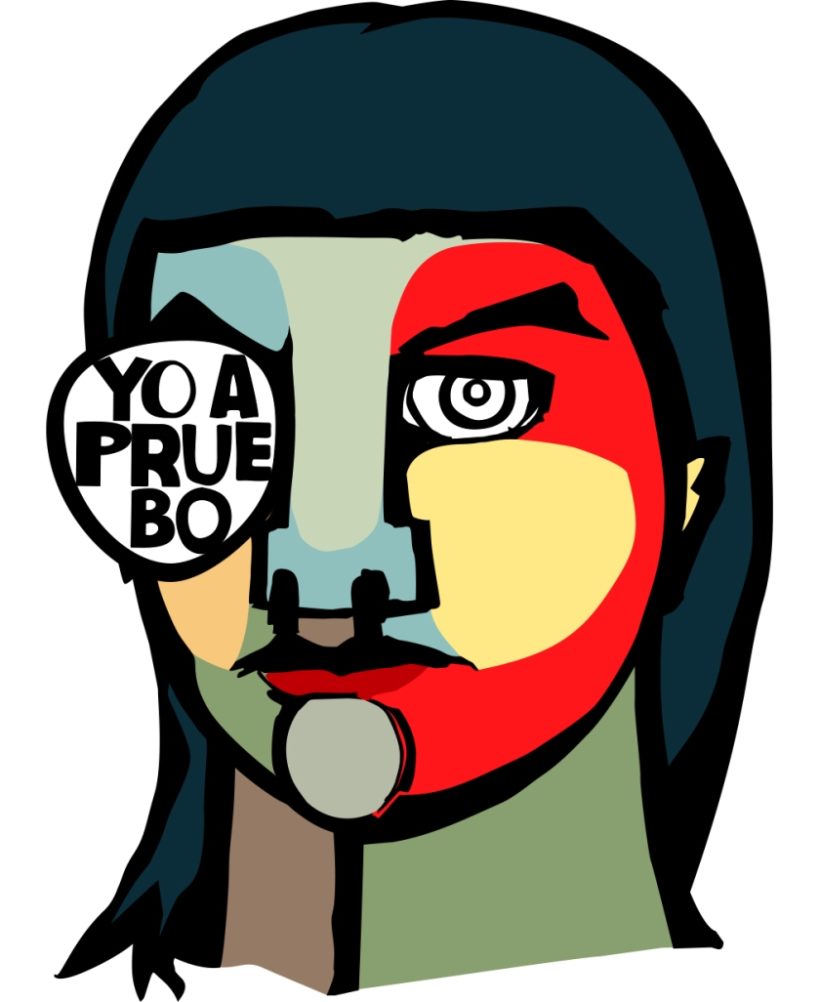“The Roman emperors did not forget to adopt the title of tribune of the people, because this function was considered holy and sacred; established for the defence and protection of the people, it was held in high esteem in the state. By this means they ensured that the people trusted them better, as if it were enough for them to hear the name without the necessity of feeling the effects. But it is no better for those of the present day who, before committing their most serious crimes, have them preceded by a few fine speeches on the public good and the consolation of the unfortunate. We know the formula they use with such finesse; but can one speak of finesse where there is so much impudence?”
(Étienne de la Boétie. Discourse on voluntary servitude. 1576).
By Luis Casado
Étienne de la Boétie wrote his famous text when he was barely 16 years old. His recurrent reflection has to do with a very simple question: what is it that makes millions of human beings allow themselves to be subjugated and enslaved without hardly trying to regain their freedom?
The author points out that any captured animal experiences its captivity as a misery and in many cases prefers to die rather than lose its freedom. The reaction of human beings, according to Étienne de la Boétie, is often very different:
“It is incredible to see how the people, as soon as they are subdued, suddenly fall into such profound forgetfulness of their liberty that it is impossible for them to awaken to reconquer it: they serve so well and so willingly, that to see it one would say that they have lost not only their liberty but at the same time gained their servitude.”
I am convinced that the people of Chile do not subscribe to this wretched behaviour. On the contrary, I retain the lesson of Étienne de la Boétie himself:
“As long as a people is obliged to obey and obeys, it does well; but the moment it can shake off the yoke, and shakes it off, it does even better…”.
Salvador Allende said the same thing on the fateful day of 11 September 1973:
“The people must defend themselves, but not sacrifice themselves. The people must not allow themselves to be razed to the ground or riddled with bullets, but neither can they humiliate themselves… (…) Keep on knowing that, sooner rather than later, the great avenues will once again open up for the free man to pass through, to build a better society”.
Four centuries separate the deed of the Comrade President from the work of that brilliant adolescent who warned Humanity of the danger it runs by becoming accustomed to slavery and the absence of rights.
In today’s Chile, unfortunately, there is a proliferation of a caste very much inclined to servitude, which enthusiastically declares itself to be a supporter of the yoke of the Constitution imposed in dictatorship, an accursed law which for 42 years has deprived the people of Chile of their citizens’ rights, turning them into the object of the depredations of a handful of oligarchs.
The infamous gestation of this absurdity, its mere existence, is a source of shame for any well-born human being. Who could evoke without nausea a text whose main objective is to deprive an entire people of the human rights enshrined in 1793 by the French Revolution and later adopted by the United Nations?
When it comes to wiping off the face of the Earth this attack on humanity and intelligence committed by the civil-military dictatorship, our main concern is not the version of the word processor, nor the font used to print it. It is enough to know that the gestation of the new constitutional text was democratic.
That detail is annoying. Particularly to the self-proclaimed goose-poo dyed yellows, and to numerous walking corpses with pretensions of cinemascope zombies.
The text matters, of course. And if I were to hurry, I would say that there are many who think (we think) that if they (me) had been entrusted with the drafting of the New Constitution, it would be a marvel of precision, conciseness, relevance and humanity.
But the reality of social processes, those that “are not stopped either by crime or by FORCE” appointed the members of the Constitutional Convention to such an eminent task. Their work, the text of the New Constitution, is an open door to the future.
Everyone can point to flaws, imperfections, absences and oversights. But this text has the immense merit of making the infamous insult of the pinochetesco-laguenta Constitution disappear in one fell swoop.
In addition to the opportunity to build a country in which its citizens will recover, after almost 50 years of odious servitude, their most basic freedoms and rights.
“History is ours and the people make it…” said my (only) President.
That is why I will vote Approve.










